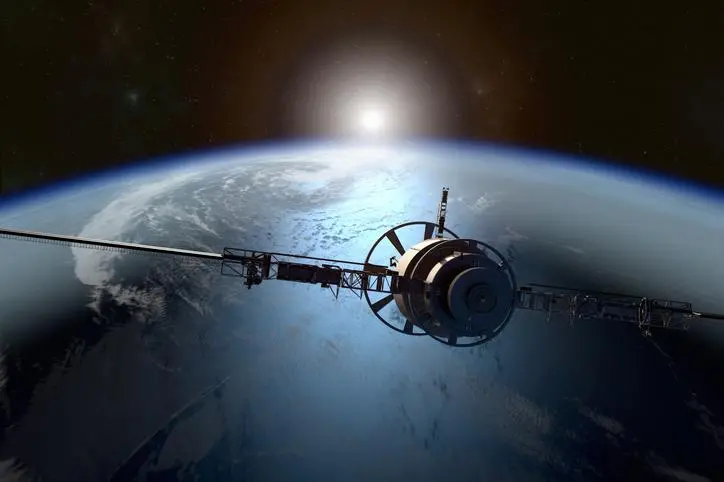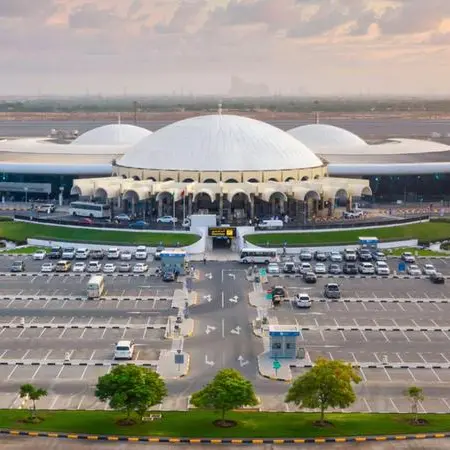PHOTO
UAE - The market demand for a ‘space-as-a-service’ business model is increasing exponentially according to experts, propelling UAE’s current space exploration programmes.
Shedding light on this was Abu Dhabi’s artificial intelligence firm and Cloud Computing Company Group 42, who have been tapping into new commercial opportunities in the space sector.
Space, which has a natural use for Artificial Intelligence (AI), is also instrumental in driving the country’s cosmic program that includes the forthcoming lunar mission. It also enhances its other successful interplanetary missions like the Emirates Mars Mission and other subsidiary agendas.
Elucidating on the topic, ‘Earth Observation in the New Space Age’, Dr Prashanth Marpu, Tech Lead of Space Program at G42 highlights about the different components and data providers who are involved in the building and launching of satellites.
He says the space environment is no longer the sole sanctuary of government agencies. New entrants and private players entering the domain are now vigorously pushing the sector forward.
“In early 2009, there was a significant market disruption after some young NASA scientists left their jobs and started Skybox Imaging," says Marpu.
"They wanted to provide high resolution video images from satellites. That kick started a number of things.”
The expert further states that the space industry is going through a paradigm shift due to the advent of new startups.
“We would have cheaper satellites with a dramatic reduction in size and mass. This is heavily in favour of the new space players. To be able to generate better temporal resolutions- that was the key aspect of commercialization”, explains Marpu.
Besides, companies are now driven by a competition for customers rather than the need to display authority by being dominant players in the space sector.
“It’s very cheap to build a CubeSat or small satellite and to put it in space compared to a large satellite. So much more efficient designs were produced using shorter timelines."
"Big space programmes are reduced to 3-4 years but small satellites can be developed in months. ”
At the same time the component efficiency in design, production and operation of a satellite is getting better.
“Communication and power systems are improving. Besides, new types of rockets, like rocket labs, PSLV mini launchers or Space X are doing an amazing jobs with all the reusable rockets."
"This entire disruption is providing cheaper launch opportunities. The cost of the satellites and launch is decreasing. So it’s a perfect match.”
Copyright © 2021 Khaleej Times. All Rights Reserved. Provided by SyndiGate Media Inc. (Syndigate.info).





















